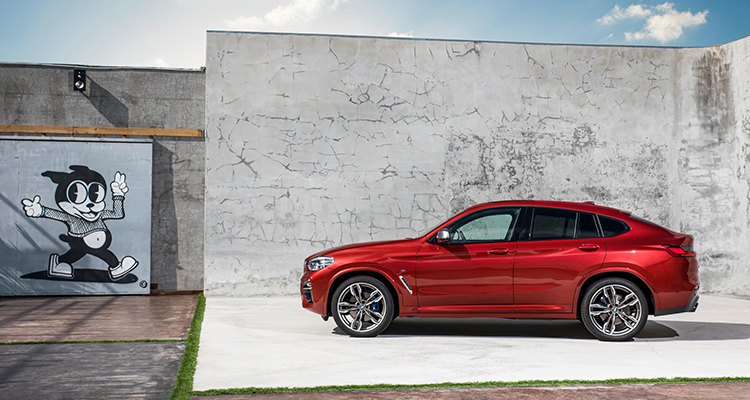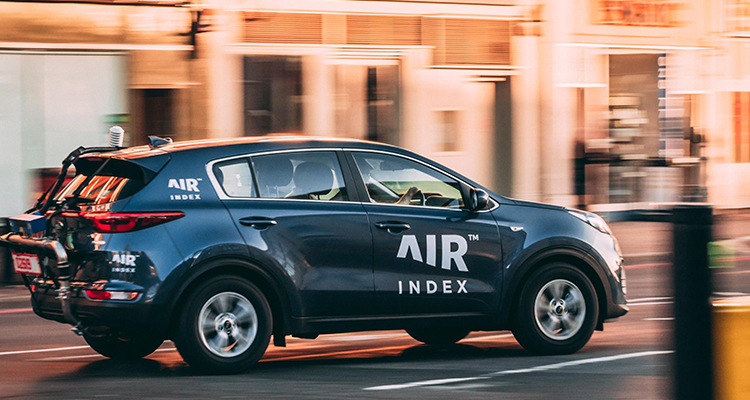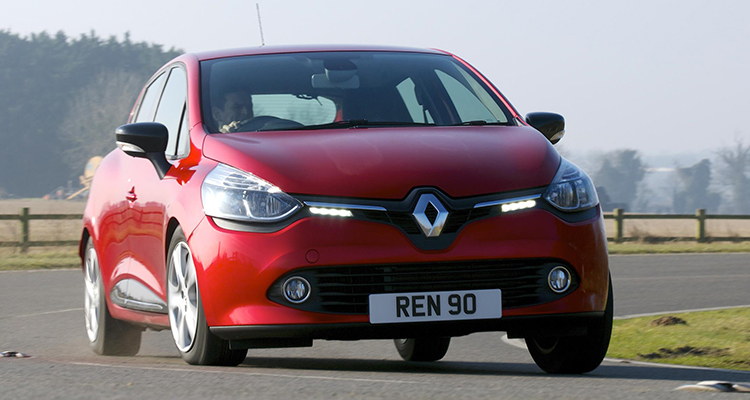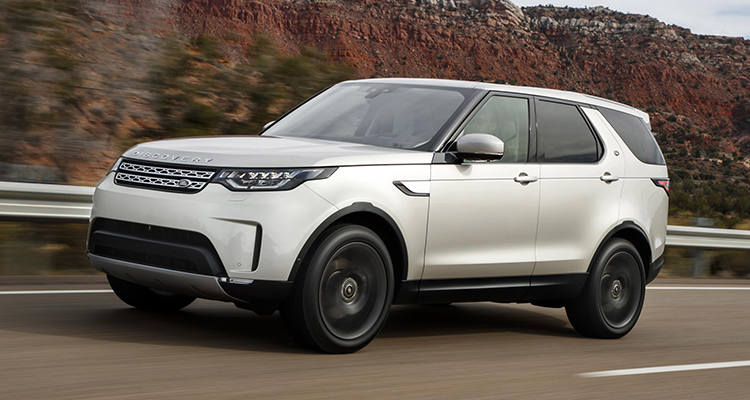The new ULEZ (ultra-low emission zone) launched on Monday (April 8) and although it is a giant leap towards making the UK’s capital cleaner, it isn’t as drastic as some think.
The new system avoids outright bans of heavy polluters such as old trucks, lorries, “dirty diesels” and others by employing a charging mechanism. A deterrence rather than an outright ban.
Diesel cars still being punished more than petrol cars
The rules of the new ULEZ state that petrol cars with a minimum Euro 4 standard will be allowed access to the centre of London for free. However, Diesels must comply with the Euro 6 standard to reap the same benefit.

This is because the government now believe that diesel vehicles, although better for the environment, are actually much worse for people. High population areas such as London and other cities are most susceptible to the harmful NOx emissions that are produced by diesel vehicles.
NOx emissions are dangerous when breathed and have direct links to health complications such as asthma and other respiratory conditions. Around 65% of London’s NOx emissions are said to come from traffic on busy roads.
AIR (Allow Independent Road-testing)
AIR are the publishers of the “AIR index” which is the world’s only independent, standardised on-road emissions rating system. The industry standard for measuring car emissions is normally the “Euro” rating, e.g Euro 4, Euro 5, Euro 6 etc. The AIR index takes urban driving into account when measuring NOx emissions, which the Euro rating does not. The AIR index actually rates many “clean” Euro 6 diesel cars as very unclean because when in urban areas, the cars run less efficiently and actually emit more dangerous emissions.

The new ULEZ allows Euro 6 diesels to drive without extra charge because they are deemed “clean” according to the Euro standard. The AIR index seems to disagree. The Euro standards are all measured in lab environment rather than real, on-road driving which is why the results are so different when compared to the AIR index.
The shocking difference between “Euro” rating and “AIR Index”

The AIR organisation tested a 2017 Renault Clio 1.5 litre dCi diesel, which is Euro 6 vehicle often regarded as fairly clean and modern. However, AIR found that when tested in real-life conditions, the Clio actually emitted 20 times more NOx than a 2018 Land Rover Discovery 3.0 litre TD6 diesel!
London’s new ULEZ is based on Euro ratings, meaning that dirty diesels such as the Clio that was tested will still get away with evading emission charges, while other potentially cleaner diesels that are Euro 5 will be charged.

Operations Director and Co-Founder of the AIR Index, Massimo Fedeli, had this to say:
“We believe that ULEZ should be based on a better source of data. Without a better source, the positive benefits will be seen more slowly, and the number of car-owners affected will be greater than necessary. It would immediately be more effective if used in conjunction with the ratings provided through the AIR Index,”
So in summary, the new ULEZ punishes diesel vehicles more by only allowing Euro 6 to drive in London free of charge, but at the same time the rules fail to catch other dirty diesels that are rated Euro 6.
Let us know your thoughts on the topic!
For more articles like this, receive our weekly e-newsletter, including partner deals and all things motoring, register your email below.
Please note: You cannot subscribe to Smart-Motoring unless you put a tick in the checkbox below to indicate have read and agreed to our privacy policy.



